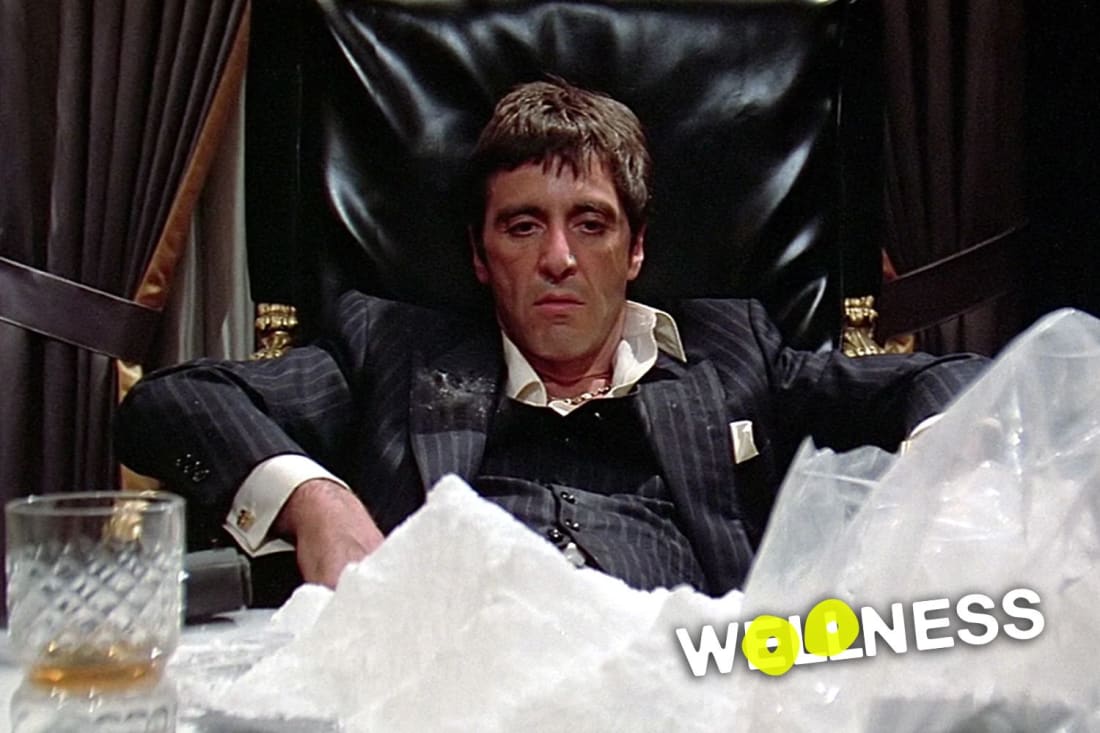Decaf coffee reduces caffeine withdrawal – even when you know it’s decaf
Yup, if you’re worried about a caffeine comedown but are looking to cut back for sleep, decaf could be your new pal
Yup, if you’re worried about a caffeine comedown but are looking to cut back for sleep, decaf could be your new pal
Caffeine is the most used drug in the world. You’ll find it naturally occurring in coffee, tea, chocolate, and added into soft drinks and energy drinks. Guarana is a natural form of caffeine too. As of 2020, about eight in ten Americans consume caffeine daily, according to the Centers for Disease Control and Prevention (CDC).
Generally, caffeine is plenty safe for consumption. For various reasons, we might want to quit or reduce consumption. Ideally, we’d not be dependent on anything, caffeine included. But the caffeine withdrawal is a real thing, causing headaches, grogginess, irritability, and even flu-like symptoms. They tend to start at least 12 hours after your last dose, and can last up to 9 days. Gross.
Buuuuut, it isn’t all bad news. It turns out that switching to decaf can reduce the symptoms of caffeine withdrawal. A study published in the Journal of Psychopharmacology said this is best when people think they’re drinking a normal coffee, but it even happens if the participant knows their latte is decaf.
There is a slight catch, which is that decaf does include a little bit of caffeine, around 2-6mg per 250ml. This is roughly fifty times less caffeine than you get in a single espresso, and twenty times less than 50g of dark chocolate, though. So it’s very much a trace amount.
Why should I quit caffeine?
In small doses, caffeine energises us and helps with focus according to Harvard School of Public Health. From a fitness perspective, having some caffeine before a session (as a pre-workout) is said to improve performance. Especially with “muscular endurance, movement velocity and muscular strength, sprinting, jumping, and throwing performance, as well as a wide range of aerobic and anaerobic sport-specific actions.” This is all according to an article in the Journal of the International Society of Sports Nutrition.
In large doses, caffeine can make you feel anxious and have difficulty sleeping. Large doses don’t necessarily mean chugging a load of caffeine, either. Some people have a sensitivity to caffeine and therefore a single espresso could be enough to have them jittery. Your general wellbeing can affect your response to caffeine too. You can go through life living on Diet Cokes and coffees, to suddenly find one day, if you’re anxious or very stressed, a cup of coffee can trigger a panic attack. This has happened to me.
Caffeine is also something you can build tolerance toward, so if your habitual two cups of coffee stops hitting, you may end up on three, and then four. You can have as much as 400mg of caffeine daily generally speaking, which is about four lattes. Mmm.
Caffeine and sleep
But of course, the biggest known effect of caffeine is on sleep. It can keep you awake, because it’s a stimulant and works by blocking adenosine (which promotes sleep) from getting to its receptor. Puzzled? Here's an analogy for you: you can consider caffeine as little jigsaw pieces which steal the adenosine spots in the puzzle that is your brain.
From there, according to the National Library of Medicine “The blockage indirectly affects the release of neurotransmitters such as norepinephrine, dopamine, acetylcholine, serotonin, glutamate, and gamma-aminobutyric acid (GABA). An influx in these neurotransmitters alters mood, memory, alertness, and cognitive function.”
This is nice at, say, 10am on a Monday. It isn’t nice at 10pm on a Sunday. The Sleep Foundation says to try and have caffeine no closer than six hours before going to sleep. Most of the other reported health benefits of coffee, such as brain health, disease prevention, and others, are generally thanks to the fairly high antioxidant levels within coffee. You can still get those from a decaf.
So it’s up to you, really. Do what makes you feel good! Just, you know, try and stick to a couple cups, before like mid-afternoon, if you don’t want to affect sleep or whatever.



